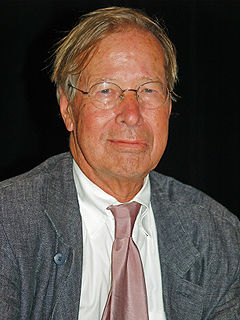A Quote by Edward Gibbon
[The] discretion of the judge is the first engine of tyranny . . .
Quote Topics
Related Quotes
Courts are the mere instruments of the law, and can will nothing. When they are said to exercise a discretion, it is a mere legal discretion, a discretion to be exercised in discerning the course prescribed by law; and, when that is discerned, it is the duty of the Court to follow it. Judicial power is never exericised for the purpose of giving effect to the will of the Judge; always for the purpose of giving effect to the will of the Legislature; or, in other words, to the will of the law.
To rail and rant against tyranny is to manifest inferiority, for there is no tyranny but ignorance; to be conscious of one's powers is to lose consciousness of tyranny. Self government is not a remote aim. It is an intimate and inescapable fact. To govern oneself is a natural imperative, and all tyranny is the miscarriage of self government. The first requisite of freedom is to accept responsibility for the lack of it.
It really comes down to parsimony, economy of explanation. It is possible that your car engine is driven by psychokinetic energy, but if it looks like a petrol engine, smells like a petrol engine and performs exactly as well as a petrol engine, the sensible working hypothesis is that it is a petrol engine.
Though this motion for a new trial is an application to the discretion of the Court, it must be remembered that the discretion to be exercised on such an occasion is not a wild but a sound discretion, and to be confined within those limits within which an honest man, competent to discharge the duties of his office, ought to confine himself. And that discretion will be best exercised by not deviating from the rules laid down by our predecessors; for the practice of the Court forms the law of the Court.
He was a first-time nonviolent possible offender, ... And under the mandatory minimums, he was put in prison for 15 years. Not only does the punishment not fit the crime, but the mandatory minimums don't give judges any discretion to look at the background of the case, to read into the specifics of the case. I don't know a judge who really is in favor of the mandatory minimums.







































